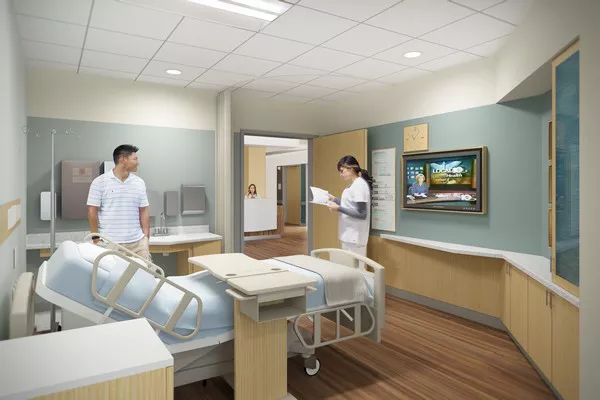Hong Kong Baptist University (HKBU) and China Resources Research Institute of Science and Technology, a subsidiary of the consumer goods conglomerate China Resources Enterprise (CR Enterprise), have joined forces in contributing to the Chinese government’s push towards popularizing and standardizing smart Chinese medicine. In a significant move, the two institutions entered into a research and development (R&D) agreement, culminating in the establishment of the CR-BU Joint Innovation Centre on Smart Chinese Medicine in December.
The primary objective of the center is to serve as a focal point for cutting-edge research, innovation, and collaboration in the field of Chinese medicine. Presently, the center is concentrating its efforts on the development of a chronic disease management system, aiming to comprehensively track patients’ medical journeys and provide functionalities for follow-up care and long-term health management.
According to a press statement, the chronic disease management system will furnish medical practitioners with access to extensive patient medical histories, enhancing their treatment plans. Furthermore, the system is poised to expedite scientific discoveries by offering researchers a valuable repository of tracked data, facilitating analyses of treatment effectiveness and responses to medical interventions.
Beyond chronic disease management, HKBU and CR Enterprise are also exploring research avenues in artificial intelligence (AI) and big data within the realm of Chinese medicine.
Significance and Context
The collaborative research effort by HKBU and CR Enterprise contributes to the broader initiative of developing, standardizing, and internationalizing smart Chinese medicine. This aligns with the Chinese government’s focus on smart hospital construction to meet the anticipated rise in demand for healthcare services in the coming years. The government has identified “smart medicine” as one of the core pillars, or the “trinity,” of smart hospital development.
As of 2021, nearly 60 billion yuan ($9 billion) has been invested in smart medicine in China. The Chinese government, as outlined in its latest Five Year Plan (2021-2025), aims for a 7% annual growth in research and development (R&D) expenditure, with a particular emphasis on AI. McKinsey’s research predicts approximately $5 billion in economic contribution from the use of medical imaging AI for clinical decisions and outcome predictions.
The Five Year Plan also prioritizes enhancing the digital capabilities of grassroots-level health and medicine bodies, promoting the integration of Chinese medicine with the Internet, and the construction of the Chinese Medicine Hospital Health Information Platform.
Several ongoing digital public service projects include the establishment of “uniform, interconnected, and shared” health information platforms and initiatives to enhance the informatization of Chinese medicine at the grassroots level. The plan also explores the integration of AI in drug research and development, smart bed occupancy, and diagnosis.
In the realm of personalized medicine, SinoUnited Health, a medical service chain in Shanghai, has developed a data-driven chronic disease management platform. This platform enables doctors to craft targeted and individualized management plans for patients, incorporating wearable devices, a central monitoring platform, and a multidisciplinary care team.


